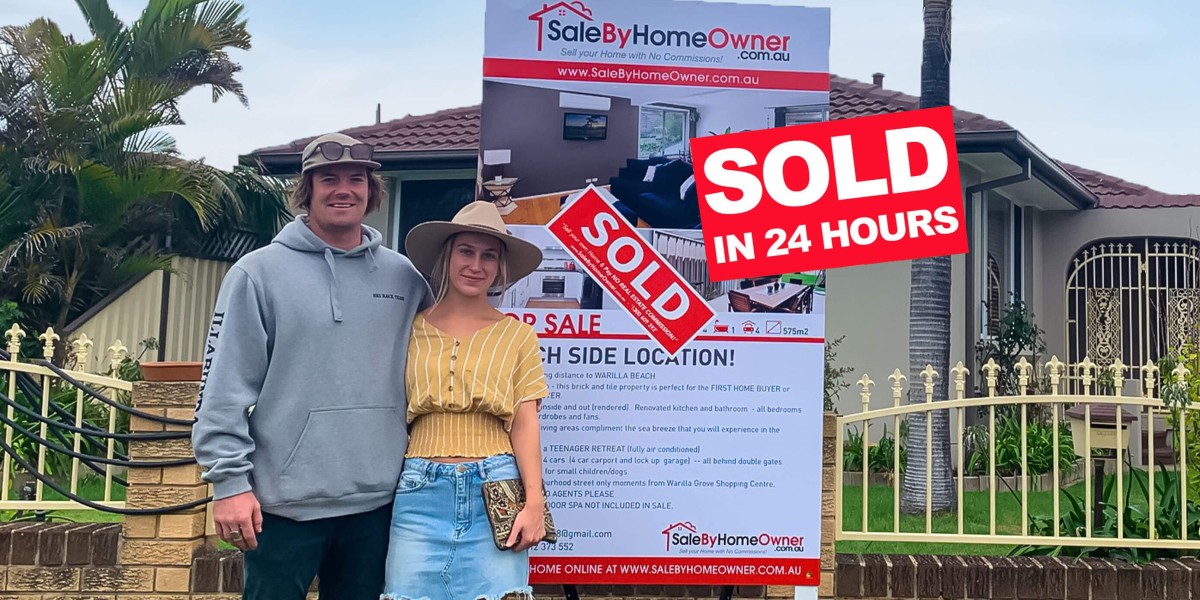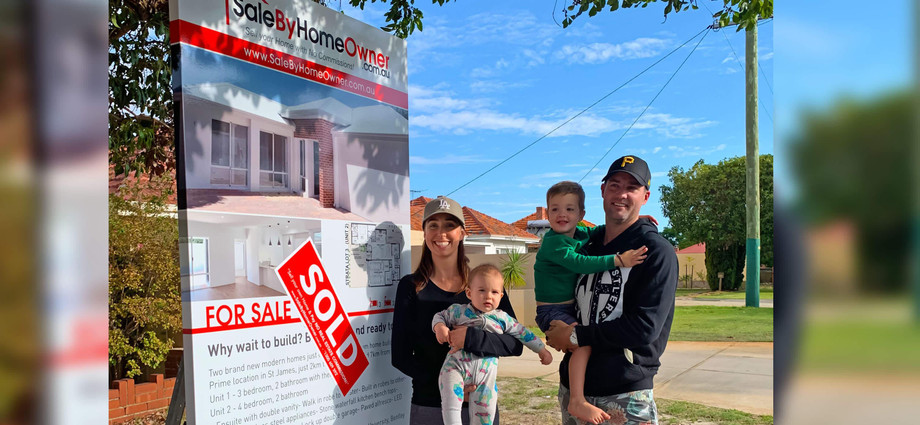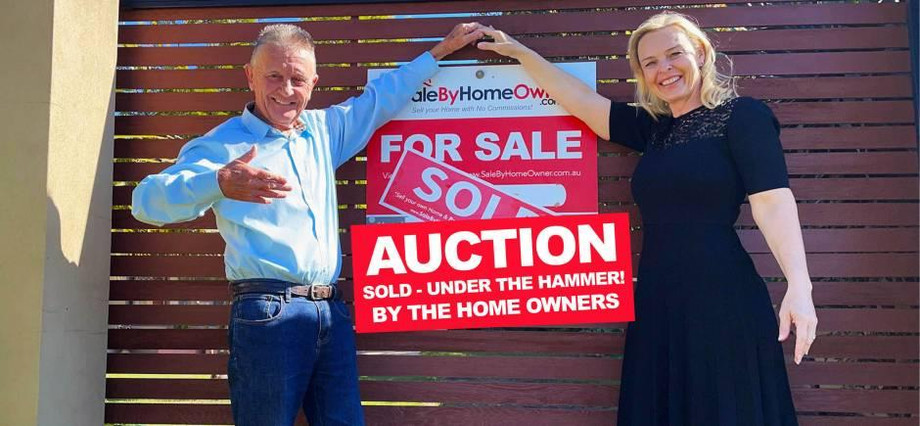When you're preparing to sell a house in South Australia, it’s important to understand the cost of selling a house in South Australia to ensure you're fully prepared for the expenses involved. While selling a property can be an exciting endeavor, it also comes with various costs, some of which are inevitable. At Sale by Home Owner Australia, we aim to provide you with the information and tools you need to manage the costs of selling a house while maximizing your profit. Here’s a breakdown of what you need to consider when budgeting for the sale of your home in South Australia.
1. Real Estate Agent Commission (If Using One)
While many homeowners in South Australia opt to sell privately through platforms like Sale by Home Owner Australia, some still choose to enlist the help of a real estate agent. If you decide to go this route, you’ll need to account for the commission fees that real estate agents charge. In South Australia, agent commissions typically range from 1.5% to 3% of the sale price, depending on the agent and the level of service you choose.
For example, on a home sold for $500,000, a commission of 2% would amount to $10,000. Keep in mind that this fee is negotiable, and you may be able to find agents willing to reduce their commission, particularly if your property is in high demand.
2. Advertising and Marketing Costs
If you choose to list your property with an agent, they will often handle advertising. However, if you’re selling privately through Sale by Home Owner Australia, you’ll be responsible for marketing your property yourself. The cost of selling a house in South Australia will include expenses such as professional photography, online listings, and printing for flyers or brochures.
Expect to spend anywhere from $500 to $2,000 on marketing, depending on how extensively you want to advertise. Professional photos can make a big difference in attracting potential buyers, as they give your listing a polished, professional look. Other optional marketing costs include video tours, social media advertising, or placing ads in local newspapers.
3. Conveyancing Fees
Conveyancing is the legal process of transferring ownership of the property from you to the buyer. In South Australia, you are required to hire a licensed conveyancer or solicitor to handle the legal documentation involved in the sale of your home. Conveyancing fees typically range from $600 to $1,500, depending on the complexity of the sale.
You’ll also need to pay for various government charges, including property certificate fees and land title registration fees. These charges are usually covered by your conveyancer but should be factored into your budget when calculating the cost of selling a house in South Australia.
4. Repairs and Maintenance Costs
Before listing your home for sale, you may want to address any repairs or maintenance issues that could impact its sale price or attractiveness to potential buyers. The cost of repairs will vary depending on the condition of your property, but you may need to budget for anything from a fresh coat of paint to fixing plumbing or electrical issues.
Some minor repairs, such as replacing broken tiles or repairing leaking taps, can be done yourself, saving you money. However, major repairs may require professional assistance, which can add up to several thousand dollars, especially if structural work is involved.
5. Staging Costs (Optional)
To make your home more appealing to potential buyers, you might consider staging it. Home staging involves arranging furniture and decor to highlight the property’s best features. While this is an optional expense, it can be a worthwhile investment if it helps you secure a higher sale price.
Staging costs in South Australia typically range from $1,000 to $3,000, depending on the size of the property and the level of staging required. You can choose to stage key areas like the living room and kitchen, or stage the entire home to create a more inviting atmosphere. If you're on a budget, you can also opt for DIY staging by rearranging furniture and decluttering to give your home a fresh look.
6. Council and Strata Fees
If you’re selling a property that is part of a strata title, such as a townhouse or unit, there may be additional fees associated with the sale. You will need to request a copy of the strata records, including the financial statements and meeting minutes, which can cost around $200 to $400.
Additionally, if you are behind on any council rates or property taxes, you will need to pay those up to the date of settlement. These costs can vary depending on the property and location, so make sure to check with your local council to find out the exact amount.
7. Capital Gains Tax (If Applicable)
In some cases, you may be liable for capital gains tax (CGT) if the property you are selling is an investment property rather than your primary residence. If the house is your primary home and you meet the requirements for the main residence exemption, you may be exempt from CGT. However, if the property is an investment, you may need to budget for CGT, which will depend on how much profit you make from the sale.
It's advisable to consult with an accountant or tax professional to understand your specific tax obligations when selling a property in South Australia.
8. Settlement Costs
Finally, don’t forget to budget for settlement costs. These can include any outstanding home loans, mortgage discharge fees, or other costs associated with closing the sale. You may also need to pay for a final utility reading, to ensure all outstanding bills are settled before the buyer takes possession of the property.
Conclusion
Understanding the cost of selling a house in South Australia is essential to preparing for the financial aspects of the sale. By budgeting for agent commissions, marketing, conveyancing, repairs, and other associated costs, you can ensure a smoother sale process. If you choose to sell privately with Sale by Home Owner Australia, you can reduce some of these costs and retain more of your sale price. Whether you’re selling through an agent or privately, proper planning is key to maximizing your return on investment and achieving a successful sale.



